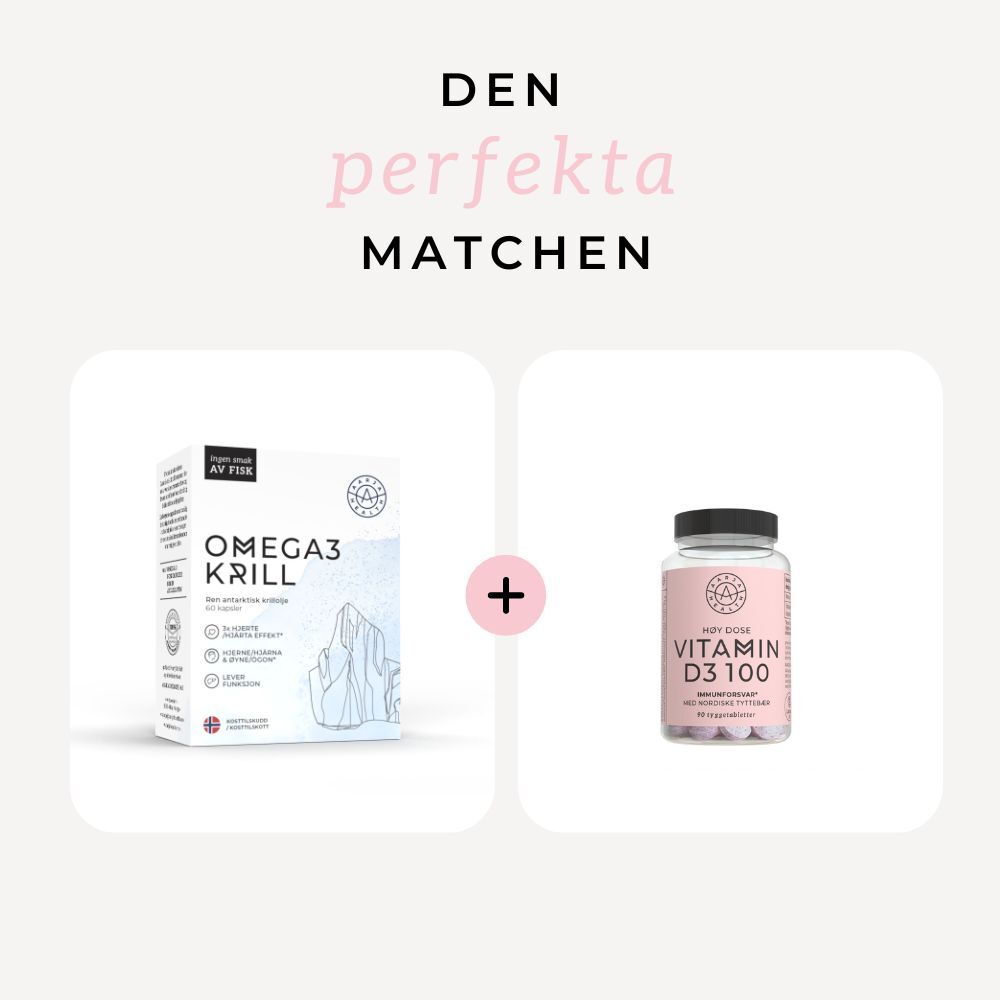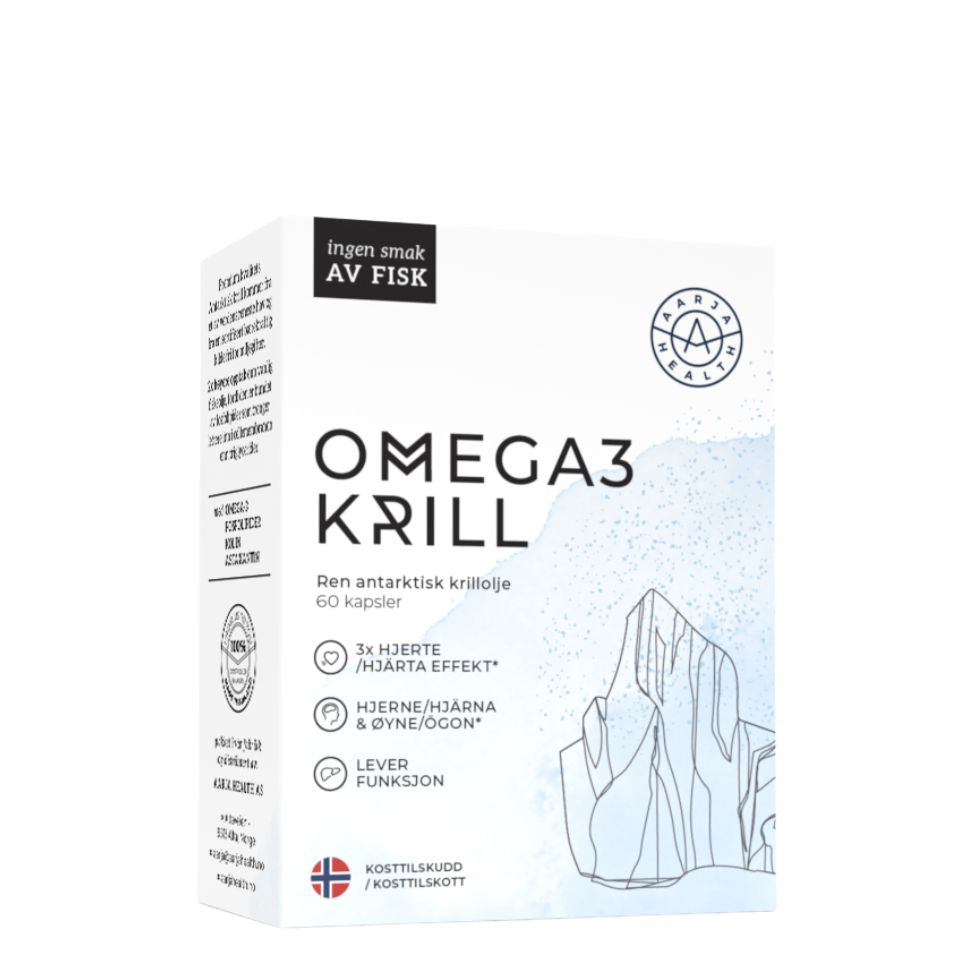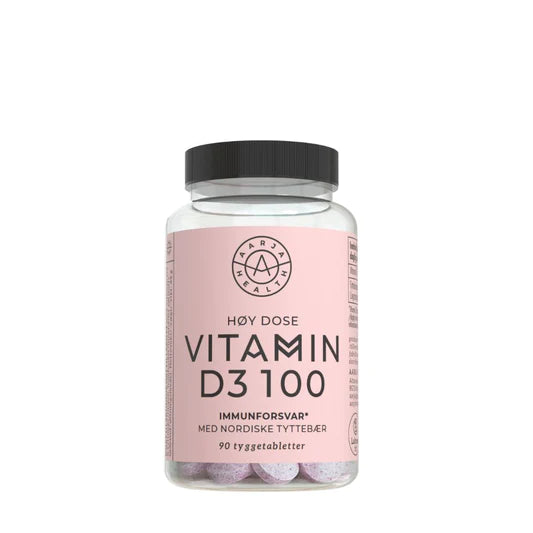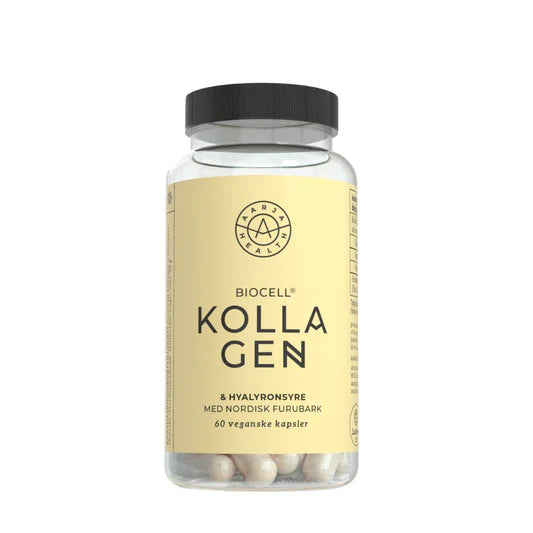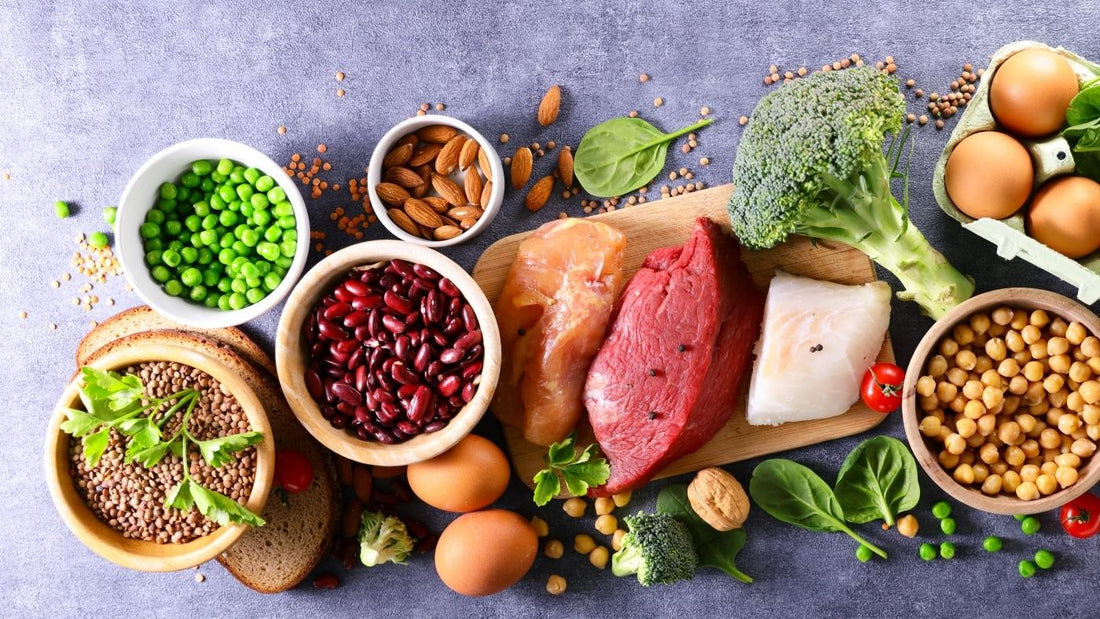
Proteins affect most things inside us!
Proteins are the body's building blocks. They affect almost everything that happens inside an individual, from muscle contraction to cell signaling and immune response. In short, we need protein to stay healthy and alive. Something that can be taken from the Sami way of life is that the nomadic Sami were self-sufficient from time immemorial, i.e. those who only devoted themselves to reindeer husbandry. They got all the nutrients they needed through reindeer meat, including omega-3. Those who only fished had to switch to meat, otherwise they died out at sea from malnutrition. But what exactly are proteins, and why are they so important? Let us help you understand these small molecules a little better!
Proteins are large, complex molecules that play an important role in the functioning of all living things. They are made up of smaller units called amino acids linked together in long chains. There are 20 different amino acids that can be used to make proteins, and each protein has a unique sequence of amino acids that determine its function.
How do proteins work?
Proteins perform a number of important tasks in the body. Some proteins act as enzymes that catalyze chemical reactions in the body. Other proteins function as components of cells, tissues and organs. While some others transport molecules or signals from one part of the body to another. And finally, some proteins also act as antibodies that help the body fight infections.
Why are proteins important?
Proteins are important because they perform important functions in the body. Without proteins, our bodies would not be able to grow, repair damage, or maintain proper pH levels. In addition, proteins play an important role in the immune system by helping to destroy pathogens that invade our bodies. In addition, proteins provide energy and help regulate metabolism by transferring electrons between molecules.
How much protein do we need?
The recommended daily intake for protein is 0.8 grams per kilogram of body weight, or about 55 grams per day for the average adult. However, this number is only the minimum amount of protein you need to maintain good health; it does not take into account factors such as age, activity level or muscle mass. For example, athletes and the elderly tend to need more protein than the recommended daily intake because they have more muscle mass and/or lose muscle mass due to aging. However, sedentary people can get away with eating a little less protein than the recommended daily intake. In general, most people need between 1.2 and 1.6 grams of protein per kilogram of body weight each day.
Sources of protein
There are two main types of protein: animal and plant-based. Animal proteins include meat, poultry, fish, eggs and dairy products. Plant-based proteins include soy products such as tofu, as well as beans, legumes, nuts and seeds.
Most people get enough protein from their diet without needing to supplement with powders or shakes: in fact, too much protein can be harmful to your health. If you're worried about not getting enough protein, focus on eating nutritious foods from all food groups. And if you're still unsure about how much protein you should eat each day, talk to a dietitian for advice.
There are many protein-rich foods that are easy to add to your everyday meals. For breakfast, you can have eggs, or mix protein powder into oatmeal. For lunch and dinner, the possibilities are endless: fried chicken or fish, lentils, quinoa, tofu, etc. You can even get protein between meals with snacks like nuts, nut butters, seeds, and dried meats.
A classic myth about protein is that eating a lot of protein helps build muscle, which is not true. However, it is true that you need protein to build muscle mass, but eating more leads to bigger muscles. That's because your muscles can only use a certain amount of protein at a time; excess will either be used for energy or stored as fat. So if you want to bulk up, focus on strength training instead of increasing your intake of beef and protein powder.


